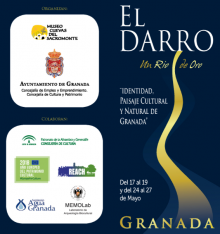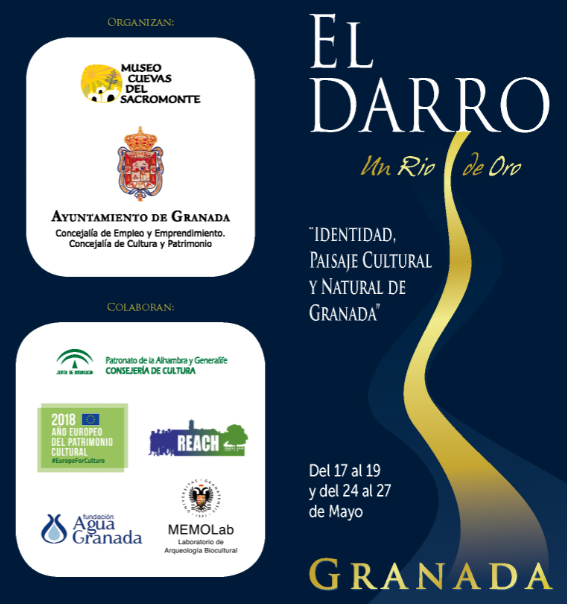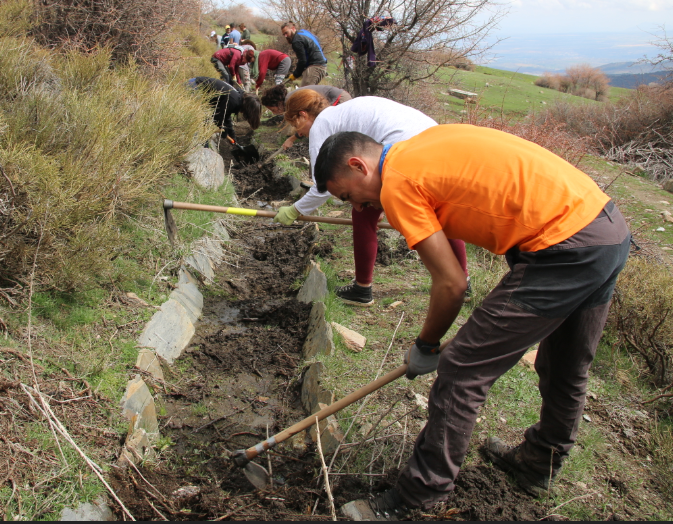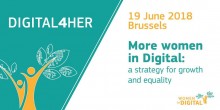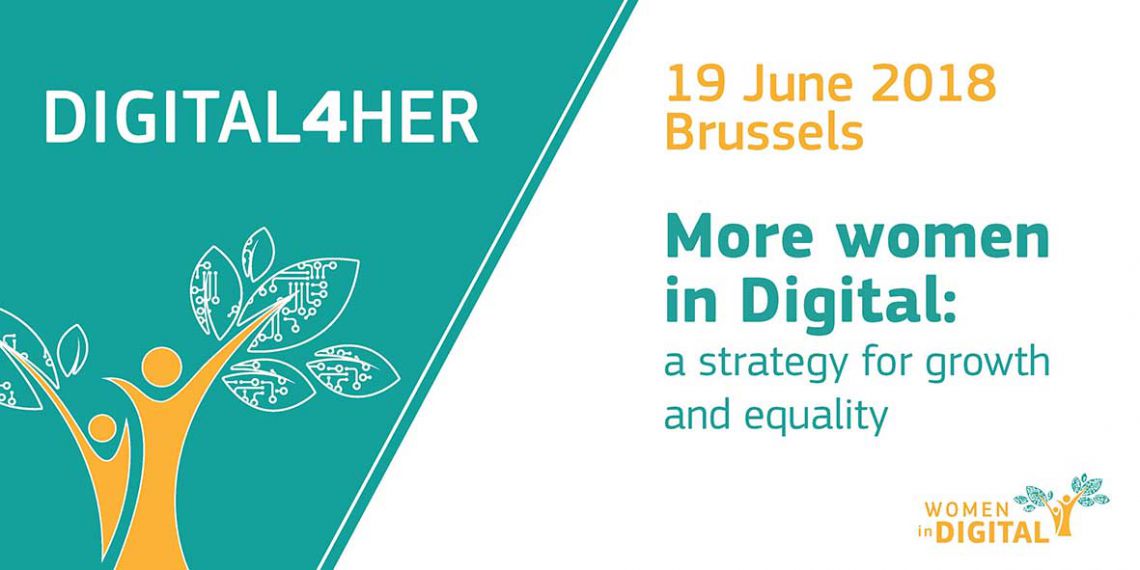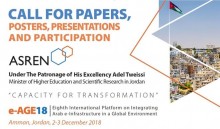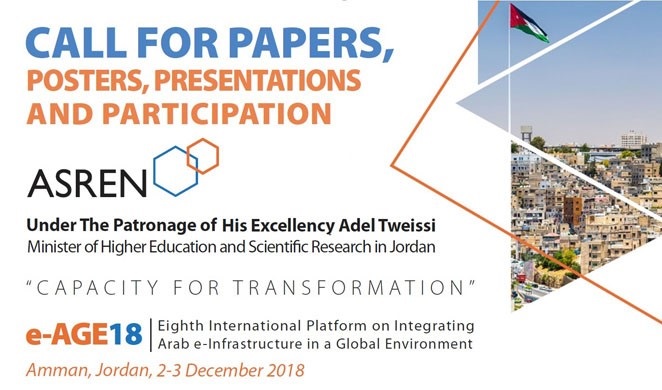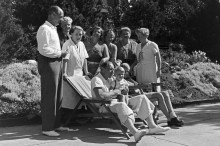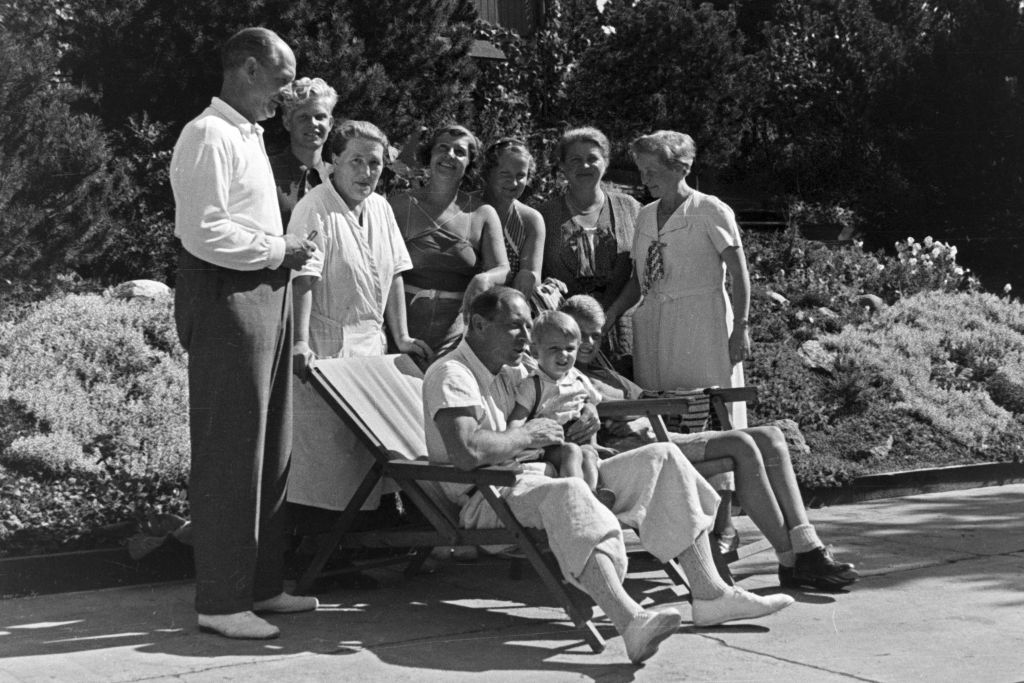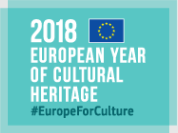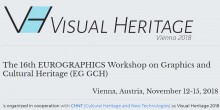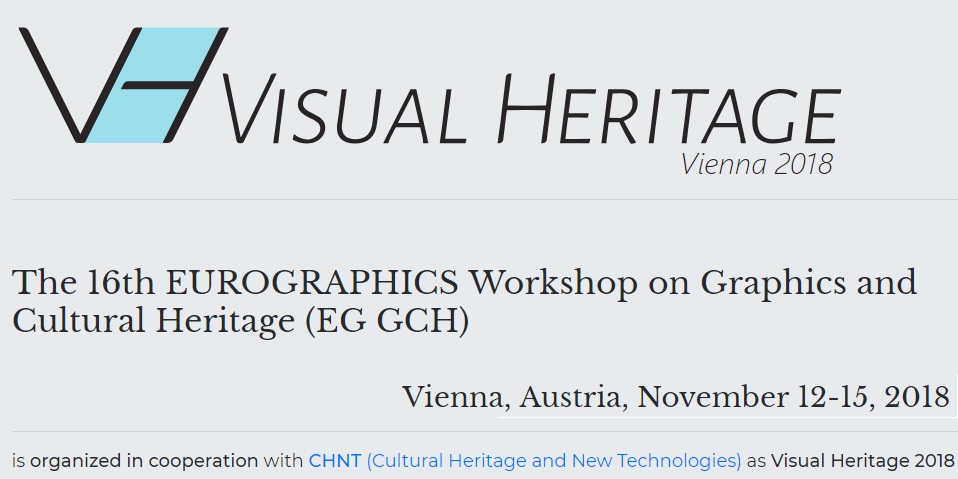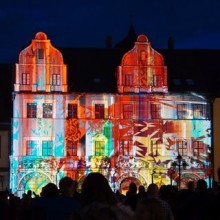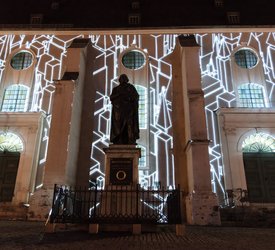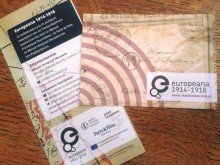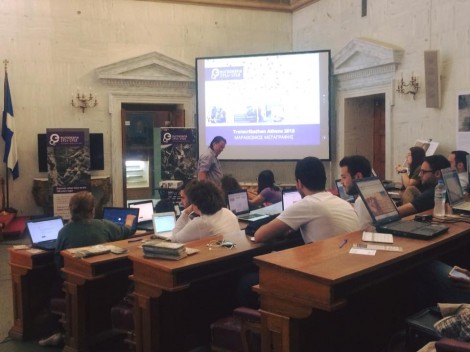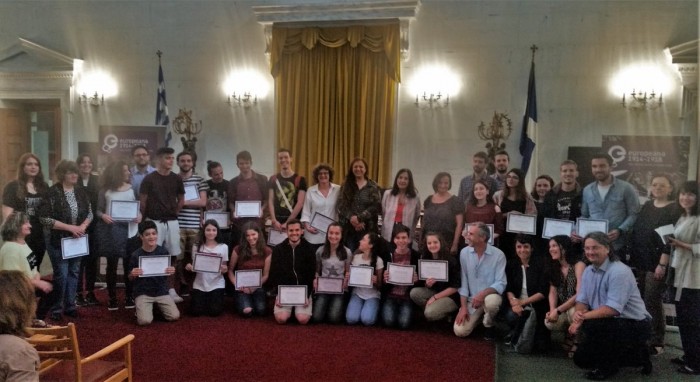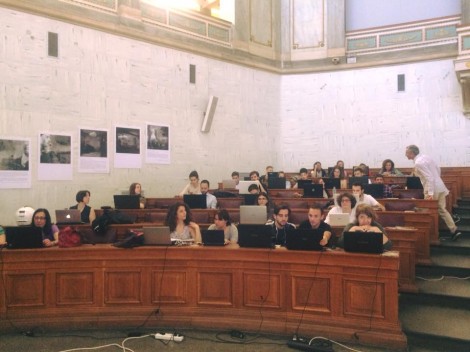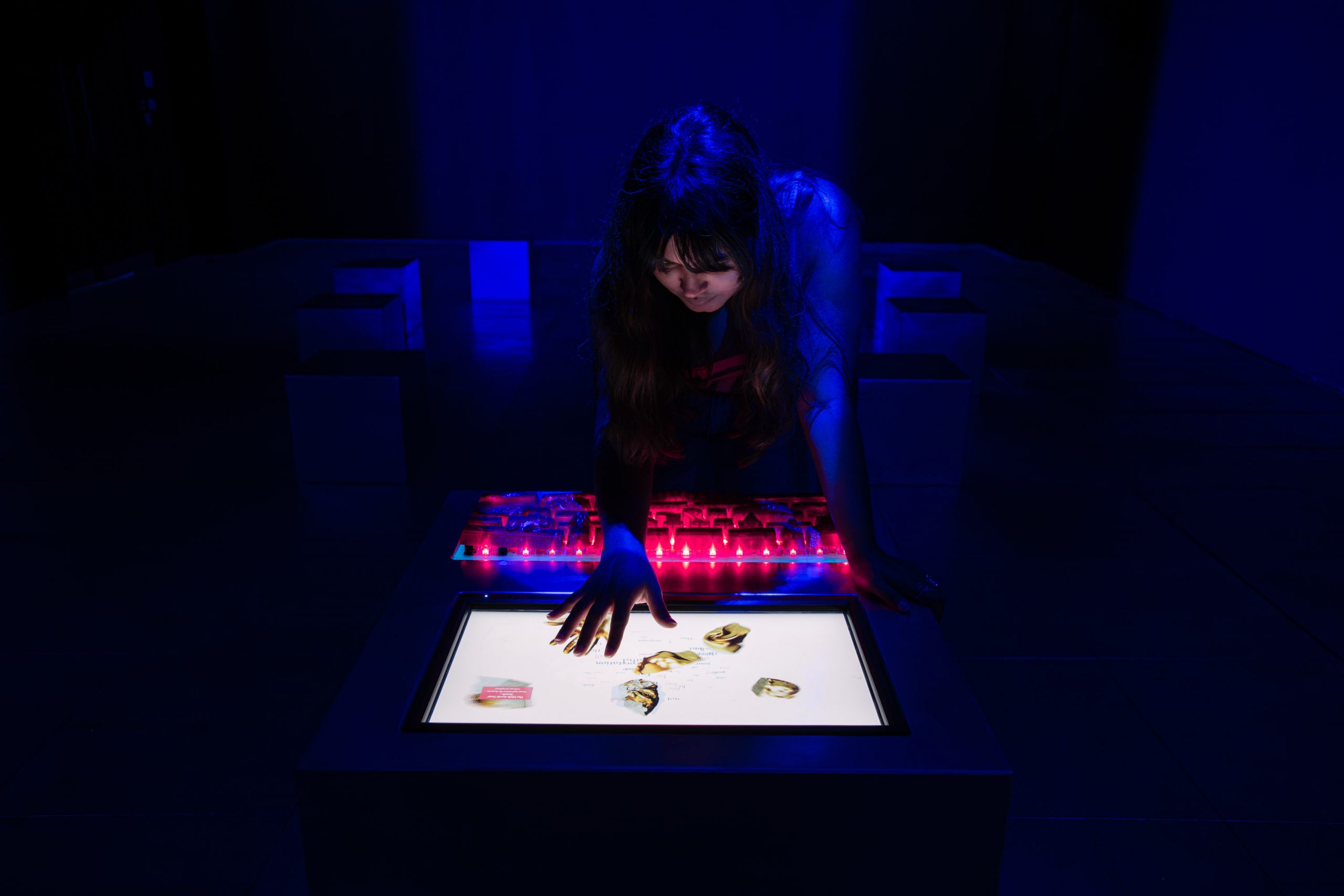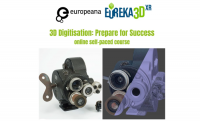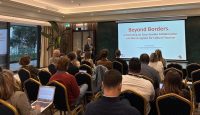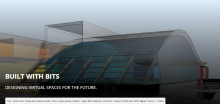
The Faculty of Social Sciences (Institute of Sociological Studies) and the Faculty of Arts (Institute of World History) of Charles University in cooperation with the Czech division of the UNESCO–MOST Program, organized a 2 days workshop on”Diversity and Local Contexts: Adaptation and Heritage”
The workshop and publication are supported by KREAS (Creativity and Adaptability as Conditions for the Success of Europe in an Interrelated World) and REACH (RE-designing Access to Cultural Heritage for a wider participation in preservation, (re-)use and management of European culture) Projects.
Experts from Poland, Czech Republic, United Kindom and United States will explore “the relationship between urban heritage and cultural identities in their historical, geopolitical and socio-cultural dimensions” facing topics as interethnic relations, identity, homogeneity, memory and migration.
Prof. Luda Klusáková and Prof. Zdeněk Uherek from Charles University and part of the REACH team, will contribute to the meeting each holding a speech about
“The “New” roles for public places in small towns: Bastides in South West of France viewed from Central Europe” and “Discourse on public spaces in Prague and selected little towns of the Czech Republic”.
When
May 24, 2018, 9:00 – 13: 00; 14:30 – 18:00
May 25, 2018, 9:00 – 13:30
Where
Faculty of Arts of Charles University, nám. Jana Palacha 1/2, 116 38 Prague, Czech Republic, Room 217 (2nd Floor)
Poster of the workshop
Full Programme
Login Status
-
Free text
UPCOMING EVENTS:
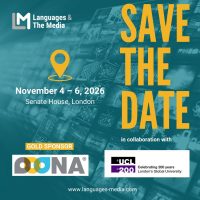 London (UK), 4-6 November 2026
London (UK), 4-6 November 2026Languages & The Media, the Biennial International Conference on Audiovisual Language Transfer in the Media, is gearing up for its 16th edition, scheduled from November 4 to 6, 2026, at Senate House, University of London, UK. Under the theme Moving … Continue reading →
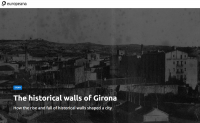 A new blog published on Europeana in the context of EUreka3D-XR
A new blog published on Europeana in the context of EUreka3D-XRThe story of Girona is the story of its walls – built in Roman times, altered in the Middle Ages, and demolished in the 19th and 20th centuries. Now the walls are being virtually reconstructed in 3D by the EUreka3D-XR … Continue reading →


